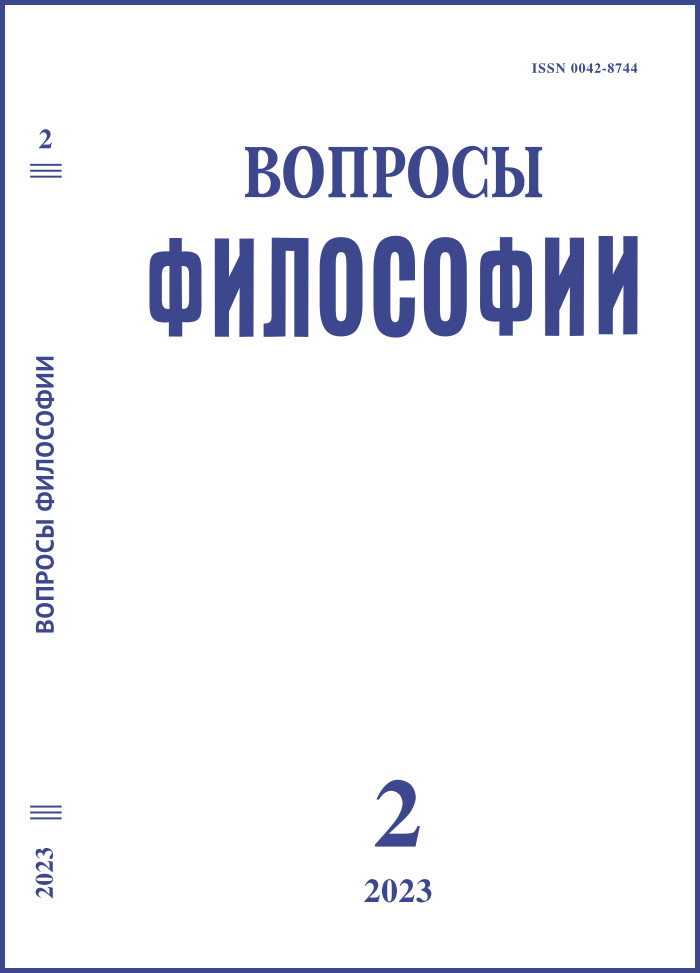The “Roman Idea” in V.I. Lamansky’s Civilization Concept
DOI:
https://doi.org/10.21146/0042-8744-2023-2-155-166Keywords:
empire, idea, West, Byzantium, civilization, Lamansky, Russia, Christianity, civilizational antagonism, cultural domination.Abstract
The article deals with the doctrine of empire by the largest Russian Slavist, V.I. Lamansky. It is noted that for Lamansky the empire is not connected with any particular type of government, such as autocracy, but is a civilizational form. Politically, empire is ductile. It can include various state formations, ensuring peace and pious order within its borders. With its state power and military might, an empire unites peoples and regions by the strength of its spiritual superiority and cultural dominance. Historically, the first example of an empire was the Roman Empire, which was reborn in the East under the influence of Christianity. After the fall of Byzantium, Russia became the successor of the idea of empire. Its role in history was to protect and preserve the peoples of the Greco-Slavic or Middle World. The Empire, as a civilizational form, created conditions for distinctive political, religious, moral and cultural development of peoples and allowed them to act as independent subjects of world-historical development. At the same time Lamansky showed that in the West there were also attempts to revive the Empire, but all of them were fiction and usurpation, since in Europe, starting from Charlemagne, they reproduced only external attributes of the Empire and perceived it exclusively as a large state form, ignoring the religious and moral meaning of the idea of empire. The modern heirs of the empire are Anglo-Saxon nations, and the center of the Western world is moving to North America. The article shows that, according to Lamansky, the various types of intolerance and enmity of Romano-Germanic peoples to representatives of the Greek-Slavic world are only particular cases of civilizational antagonism of the two worlds. Lamansky’s analysis of empire is a part of his geopolitical and civilisational doctrine, which has only in recent years begun to attract the attention of researchers.

